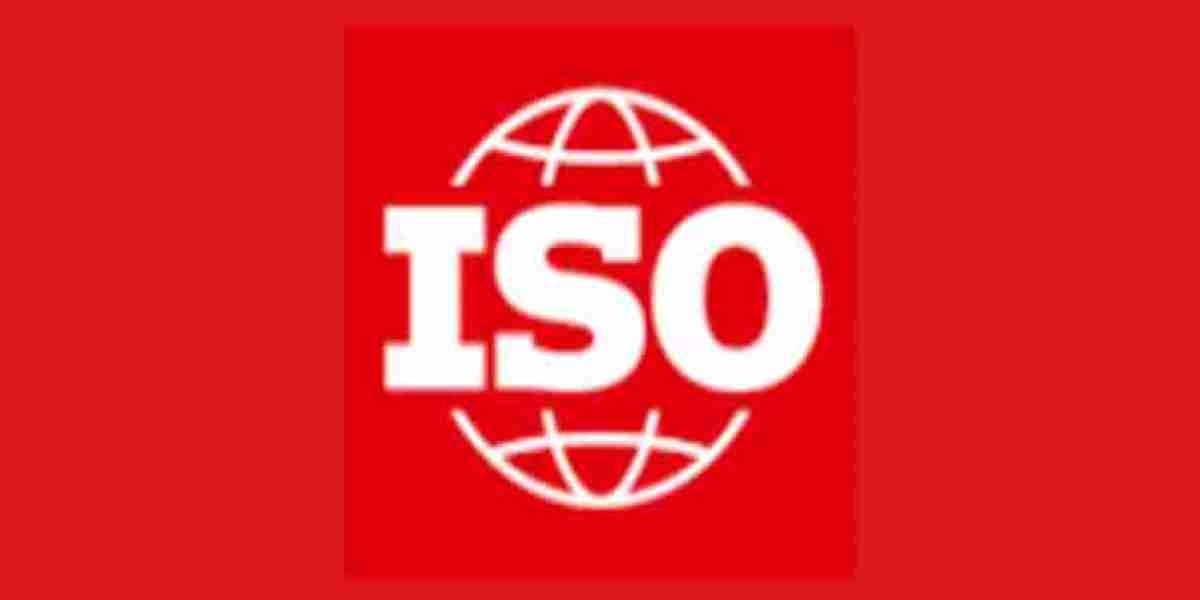Kyrgyzstan has become a notable destination for international students pursuing a Bachelor of Medicine, Bachelor of Surgery (MBBS) degree. The quality of education, affordability, and culturally rich environment make it an attractive option. However, a primary concern for these students is how well graduates from Kyrgyzstan’s medical schools perform in licensing exams in other countries. This article delves into the pathways for medical graduates, their performance in licensing exams, and factors influencing their success.
Understanding Licensing Exams
Licensing exams are a critical requirement for medical graduates who wish to practice medicine in various countries. These exams ensure that physicians meet the necessary standards of medical knowledge and clinical skills. Some of the most recognized licensing exams include:
- United States Medical Licensing Examination (USMLE): Required for practicing medicine in the United States.
- Professional and Linguistic Assessments Board (PLAB): Necessary for foreign medical graduates seeking to work in the United Kingdom.
- Medical Council of Canada Evaluating Examination (MCCEE): A prerequisite for international medical graduates wishing to practice in Canada.
- Australian Medical Council (AMC) examinations: Required for those aiming to work in Australia.
Performance of Graduates
Graduates from Kyrgyzstan’s medical schools have generally shown a commendable track record in various international licensing exams. While specific statistics can vary based on the university and the cohort, several factors contribute to their success:
Quality of Education: Kyrgyz medical universities are recognized for providing a robust medical education that aligns with international standards. Many institutions follow a curriculum that includes extensive clinical training, which prepares students for the practical aspects of medicine tested in licensing exams.
English-Taught Programs: Most medical programs in Kyrgyzstan are taught in English, making it easier for international students to comprehend complex medical concepts. Graduates who are proficient in English are better equipped to succeed in exams like the USMLE and PLAB, which are conducted in English.
Preparation and Resources: Many universities offer preparatory courses and resources for students intending to take licensing exams. These courses often cover exam formats, content review, and test-taking strategies, significantly boosting students' confidence and competence.
Supportive Network: Alumni networks and peer groups can play a crucial role in exam preparation. Many graduates form study groups or participate in mentorship programs that provide guidance and resources tailored to specific licensing exams.
Success Rates in Specific Exams
While concrete statistics can be challenging to obtain, anecdotal evidence and testimonials from graduates indicate a positive trend. Here’s an overview of how Kyrgyzstan’s medical graduates fare in some key licensing exams:
USMLE: Graduates from Kyrgyzstan have reported successful pass rates for the USMLE. While not all graduates choose to pursue residency in the United States, those who do often achieve scores that allow them to apply to competitive programs.
PLAB: Many graduates seeking to practice in the UK have successfully passed the PLAB exams. The UK is a popular destination for Kyrgyz medical graduates, and the structured clinical training they receive in Kyrgyzstan prepares them well for the challenges of the PLAB.
AMC and MCCEE: Graduates aiming to practice in Canada and Australia also report favorable outcomes in AMC and MCCEE examinations. These countries have been welcoming to international graduates, and those from Kyrgyzstan often excel due to their comprehensive training.
Challenges Faced by Graduates
Despite their successes, graduates from Kyrgyzstan's medical schools may face challenges in the licensing process:
Language Barriers: While many programs are taught in English, graduates may still encounter difficulties if they need to work in a language different from their primary medium of instruction, especially in countries where the local language is required for effective communication with patients.
Cultural Differences: The healthcare systems and practices in Western countries may differ significantly from those in Kyrgyzstan. Understanding these differences is crucial for adapting to new environments and passing licensing exams that include situational judgments.
Recognition of Degrees: While many Kyrgyz universities are recognized by global medical organizations, some graduates may encounter hurdles in getting their degrees accepted in specific countries. It is important for students to verify the recognition status of their university with relevant medical boards.
Recommendations for Success
To enhance their chances of success in licensing exams, graduates from Kyrgyzstan can take several proactive steps:
Early Preparation: Starting exam preparation early during the MBBS program can help students familiarize themselves with the exam format and content.
Mock Tests and Practice Questions: Engaging in mock exams and practice questions can build confidence and identify areas needing improvement.
Utilizing Resources: Leveraging online platforms, textbooks, and review courses specifically tailored for licensing exams can be beneficial.
Networking: Joining alumni networks or online forums can provide invaluable insights, resources, and support from those who have successfully navigated the licensing process.
Continuous Learning: Staying updated with medical advancements and participating in continuous professional development can enhance both exam performance and future practice.
Conclusion
Graduates from Kyrgyzstan's medical schools have shown a promising track record in international licensing exams, benefiting from quality education, supportive resources, and a growing network of alumni. While challenges remain, proactive preparation and engagement in the medical community can significantly enhance their chances of success. As Kyrgyzstan continues to produce competent and skilled medical professionals, its graduates are well-positioned to make meaningful contributions to healthcare systems around the world.



